At Chinese automaker Great Wall Motor's welding workshop in Rayong, Thailand, numerous robotic arms in operation indicate the level of high-tech in use even as Chinese technicians guide local employees through the welding process.
Following the successful rollout of its first electric vehicle at its plant in Thailand this January, the Baoding, Hebei province-based carmaker said that multiple batches of Thai workers have now mastered the production processes of its EV products. They have thus become valuable assets for the company, aiding its expansion efforts in other Southeast Asian markets.
Elsewhere, Beijing-based artificial intelligence services provider Terminus Group is charting a similar course to bring additional value to an overseas market. Amid the intensified efforts by many Middle Eastern countries to leverage the digital economy for sustainable growth, Terminus launched its international headquarters in Dubai, the United Arab Emirates, in February.
It will not only facilitate Terminus' projects and business expansion initiatives in the UAE, Saudi Arabia, Qatar, Oman and other countries in the region, but also support the group's operations in Singapore, Australia and numerous countries participating in the Belt and Road Initiative.
Both GWM and Terminus are epitomes of a larger trend — that of Chinese enterprises operating in the vast BRI landscape going beyond big-ticket infrastructure projects like dams, highways, railroads, airports and municipal engineering works.
As many parts of the world enter a new phase of development, Chinese companies, particularly those from high-end manufacturing and trade in services, are adjusting their strategies to better align with the evolving environment in BRI economies, said Wan Zhe, a researcher at the Belt and Road School of Beijing Normal University.
Facing challenges like escalating geopolitical tensions and rising protectionism in certain countries, Chinese enterprises are focusing on avoiding risks and generating revenue through higher-value business ventures that serve the changing landscape better, said Wan.
For instance, GWM plans to start operations at its new factories in Vietnam, Indonesia and Malaysia this year or the next.
Similarly, Chang'an Automobile Co, a Chongqing-based State-owned automaker, is building a factory in Rayong province, Thailand. The first phase of the project will involve an investment of over $240 million and is scheduled to begin production in 2025.
The new energy vehicles produced will be not only marketed in Thailand but also exported to other neighboring ASEAN (the Association of Southeast Asian Nations) countries, as well as Australia, New Zealand, the United Kingdom and South Africa, said Shen Xinghua, president of Chang'an Automobile's business for Southeast Asia.
Shen said that the initial annual production capacity of this plant is 100,000 units, which will be gradually expanded to 200,000 units in the next phase.
Chen Bin, deputy director of an expert committee at the Beijing-based China Machinery Industry Federation, said that South Africa, Hungary, Saudi Arabia, Indonesia, Vietnam and Malaysia have all formulated EV-related policies to encourage and support the development and growth of the industry.
Highlighting that electrification and intelligence complement each other, Chen said with growing populations in many countries, particularly in Africa and Southeast Asia, an increasing number of young consumers who prefer smart technologies are emerging, making these markets more proactive in embracing EVs.
His observation reflects a trend. China's NEVs are becoming popular in overseas markets thanks to their quality, driving range and multifunctionality.
Some 519,000 EVs and plug-in hybrids were exported from China between January and May, up 13.7 percent year-on-year, said the China Association of Automobile Manufacturers.
China's continuous efforts to enhance institutional opening-up and secure high-standard economic and free trade agreements, alongside the swift expansion of its tech-intensive green product industries, are anticipated to propel its companies to strategically invest in new plants, service centers and innovation facilities in markets involved in the BRI, said Yu Jianlong, vice-chairman of the Beijing-headquartered China Council for the Promotion of International Trade.
In addition to automakers such as SAIC Motor, Beijing Automotive Group, Guangzhou Automobile Group and BYD, Chinese battery and component manufacturers, including Contemporary Amperex Technology Co Ltd, Gotion High-tech Co Ltd and EVE Energy Co Ltd, have invested in BRI economies to supply products to their domestic partners and create jobs for local communities.










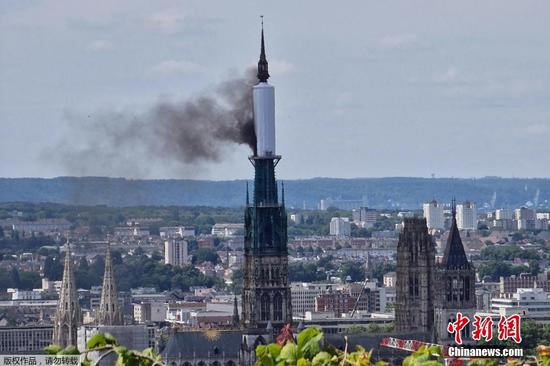

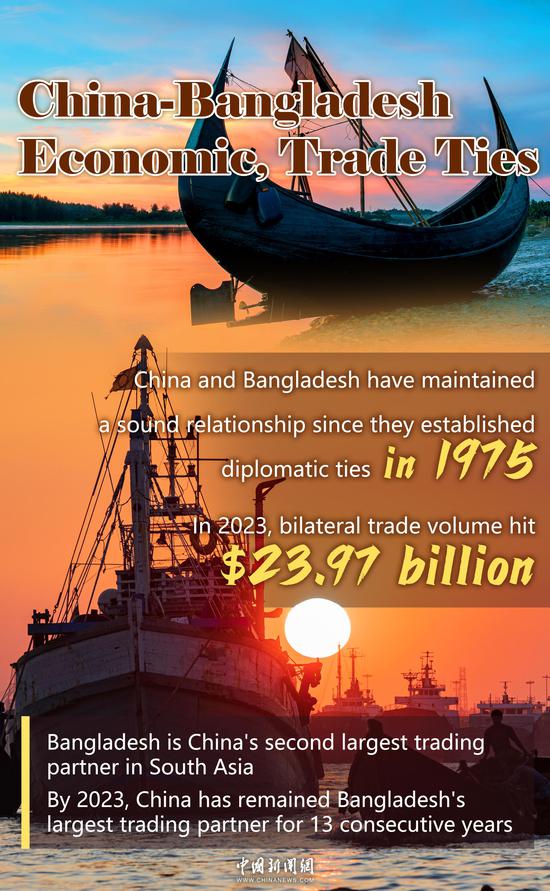

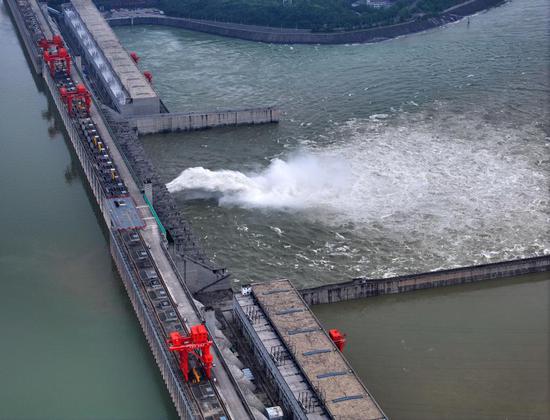
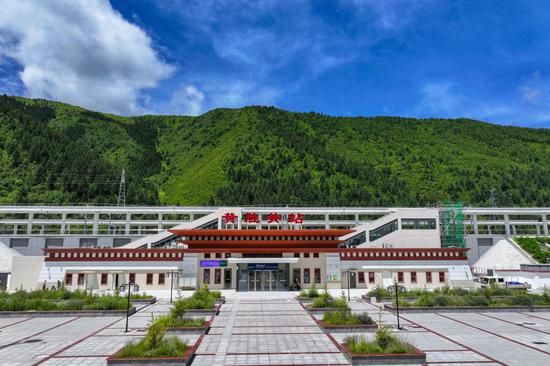
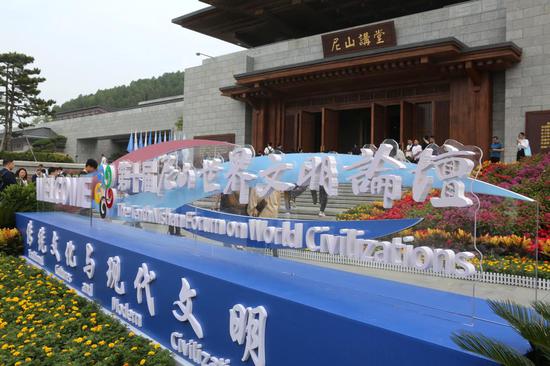






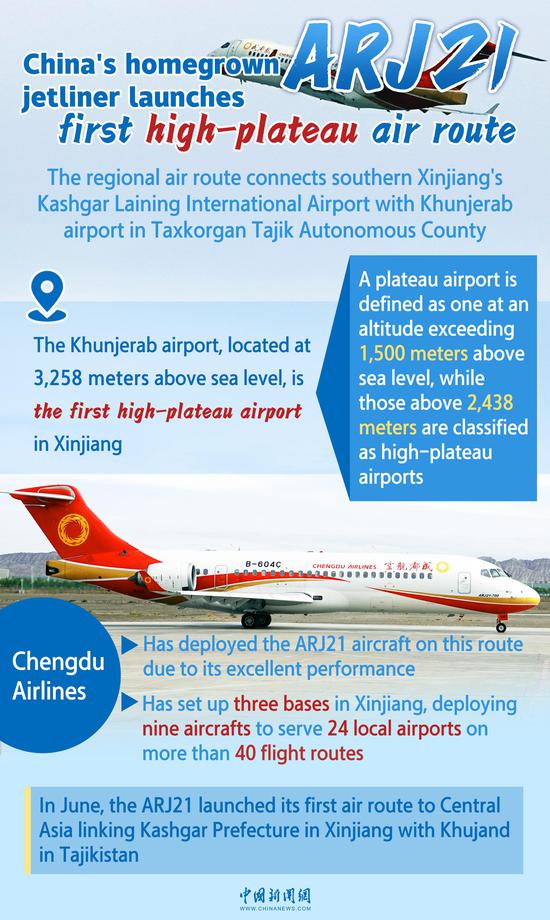




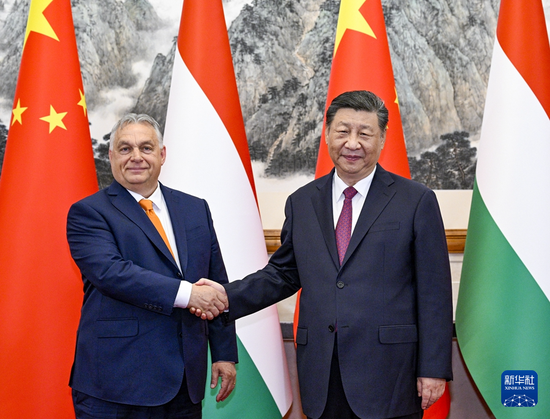

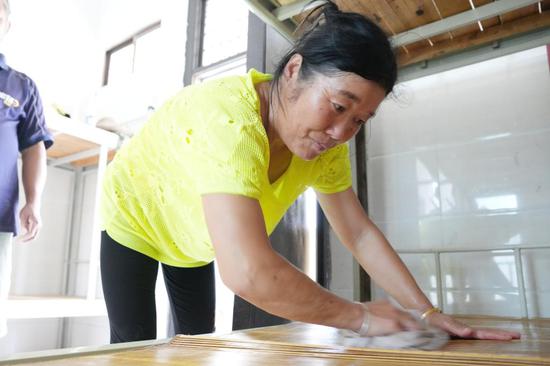

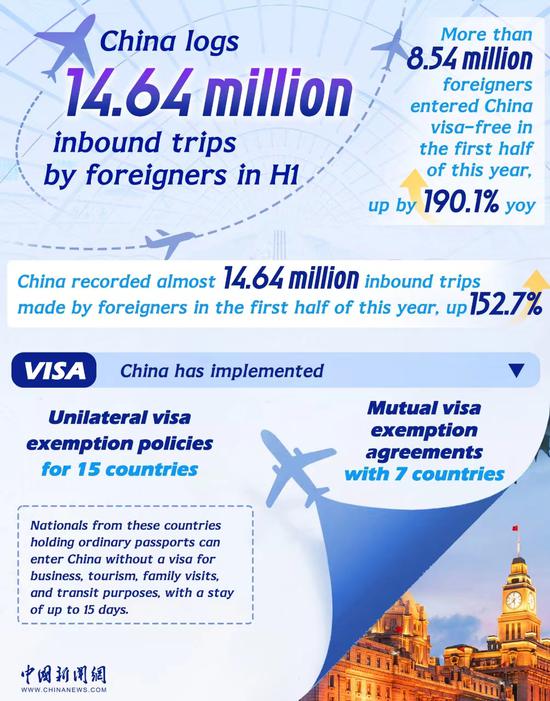
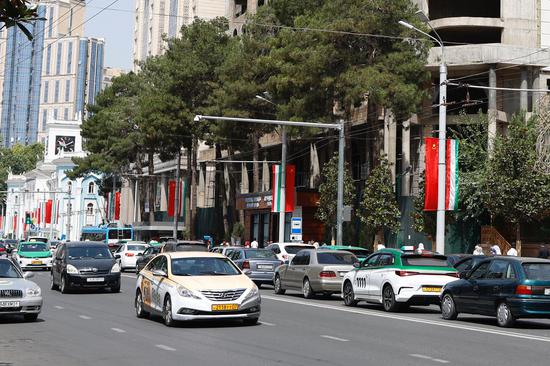
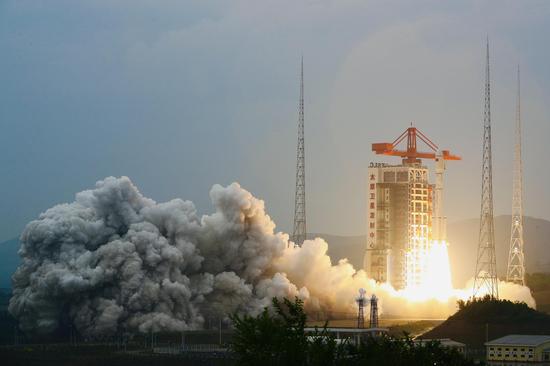
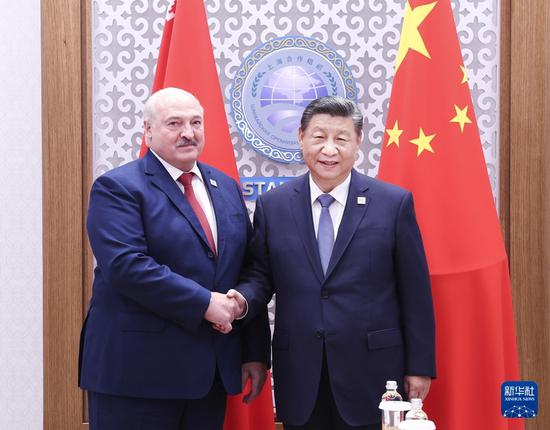
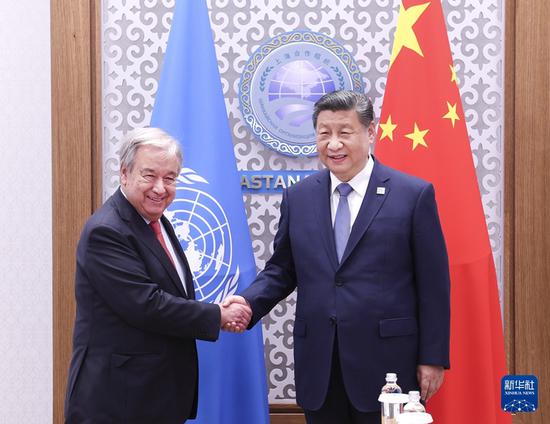
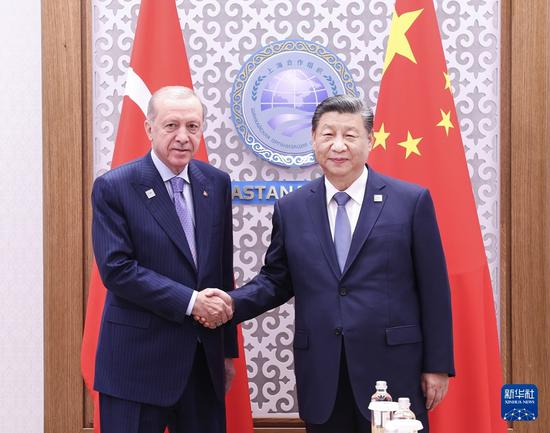
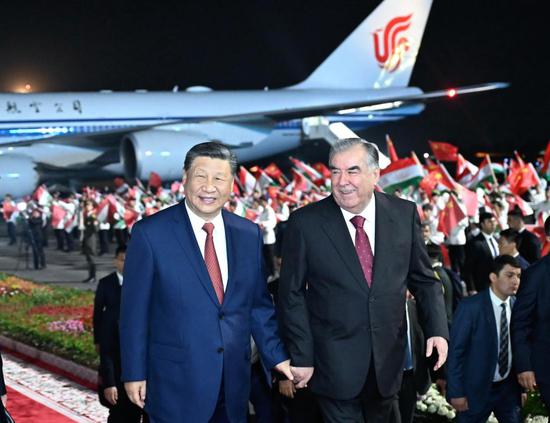
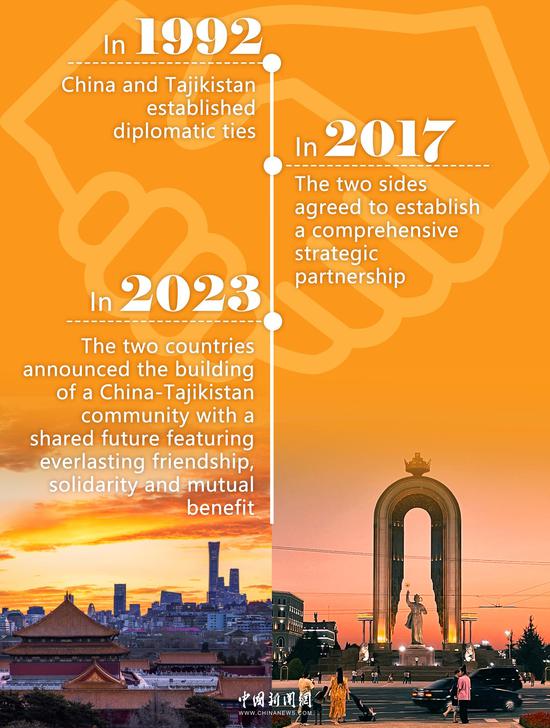
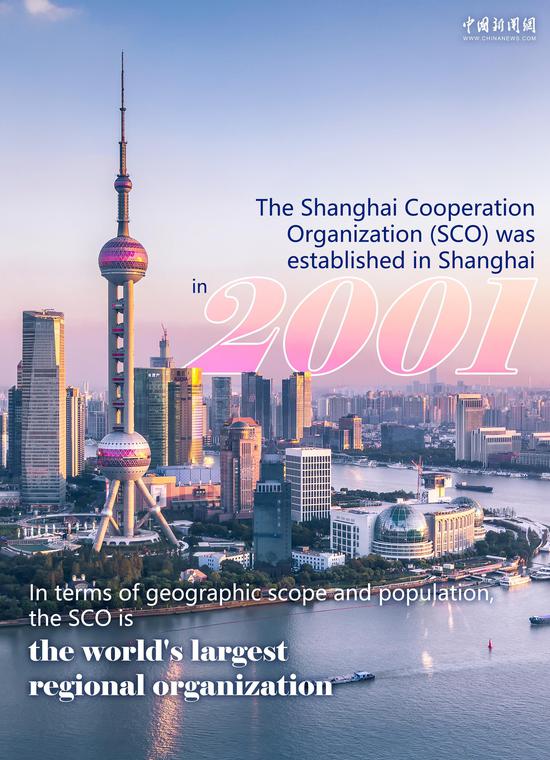

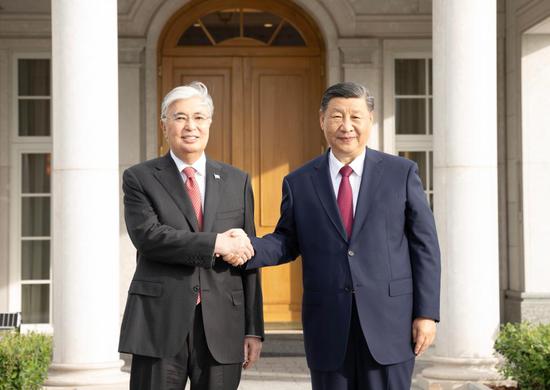
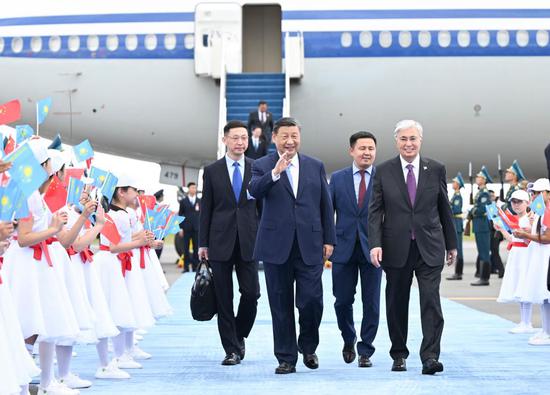
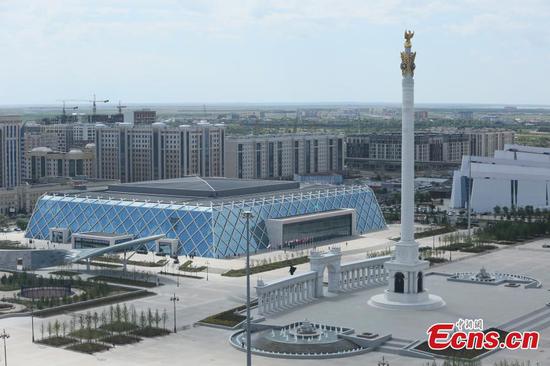



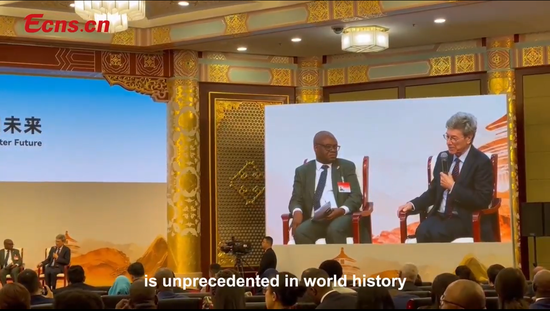

 京公網(wǎng)安備 11010202009201號
京公網(wǎng)安備 11010202009201號